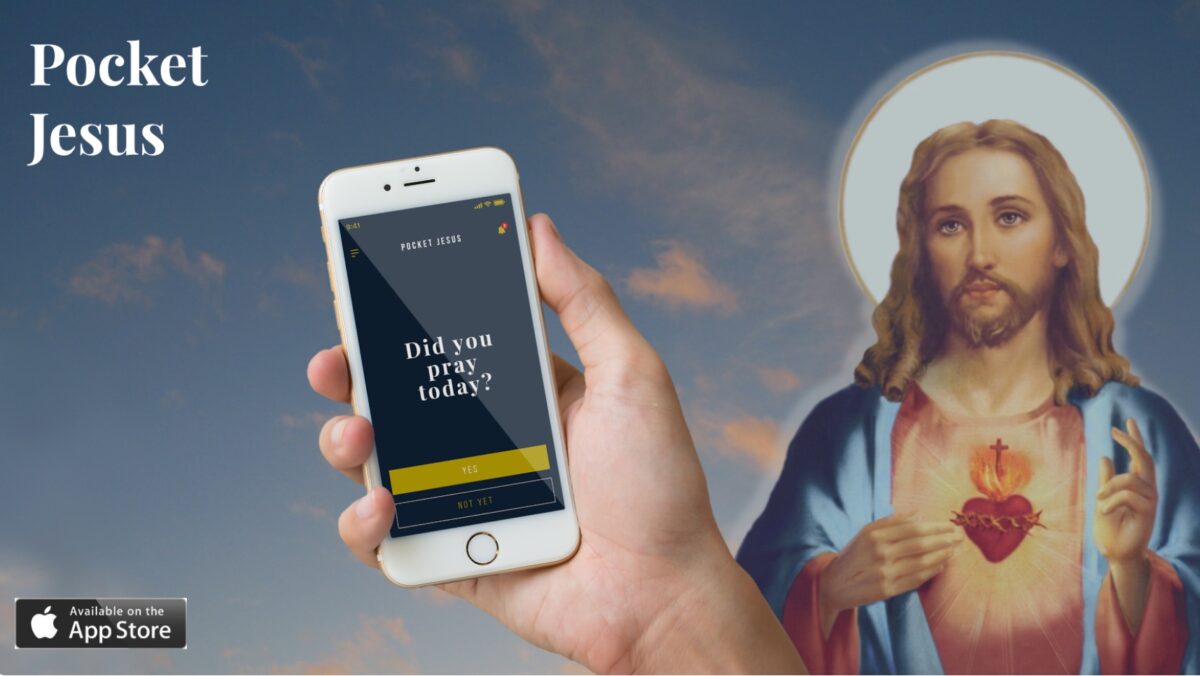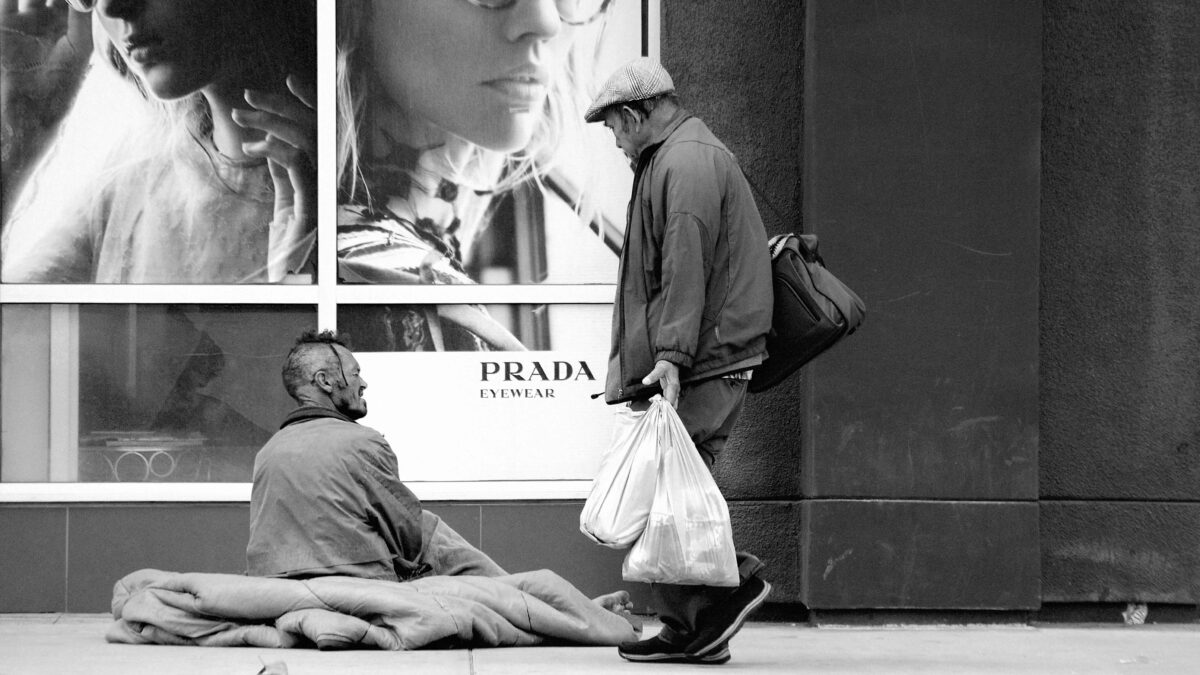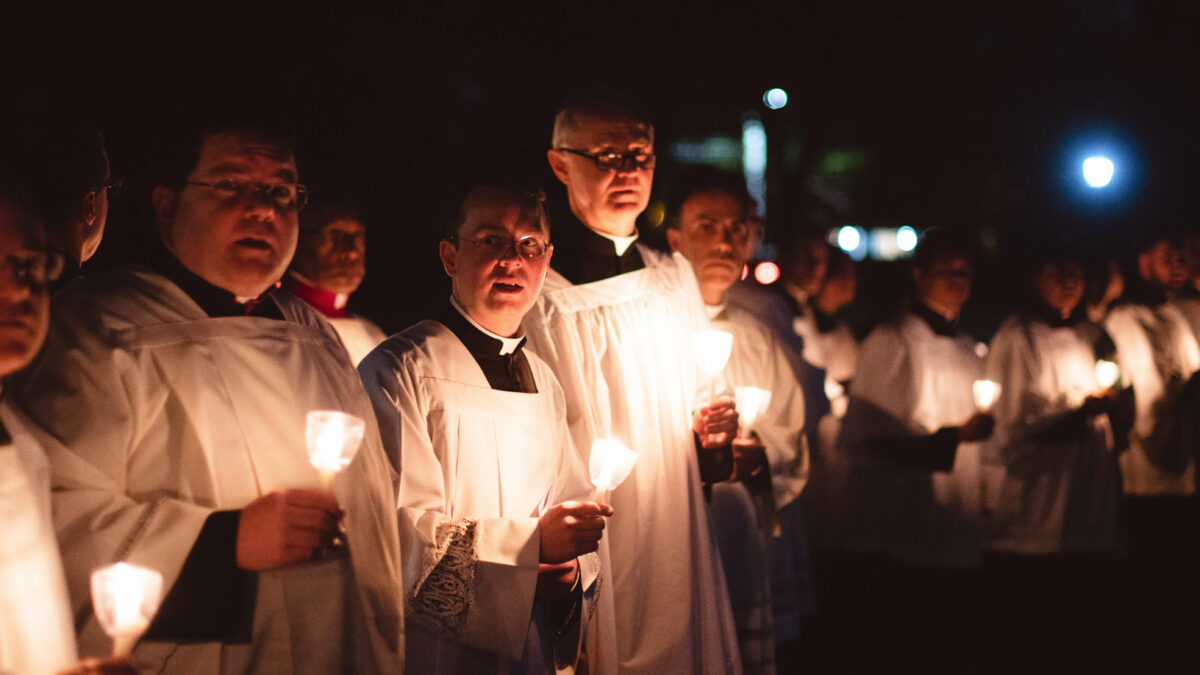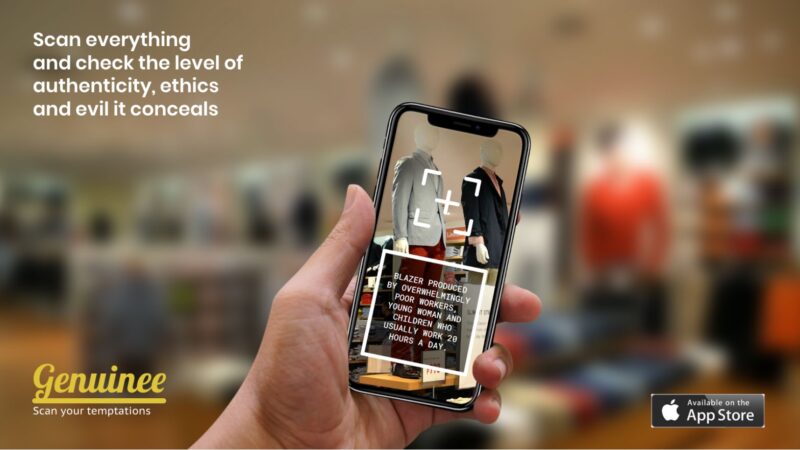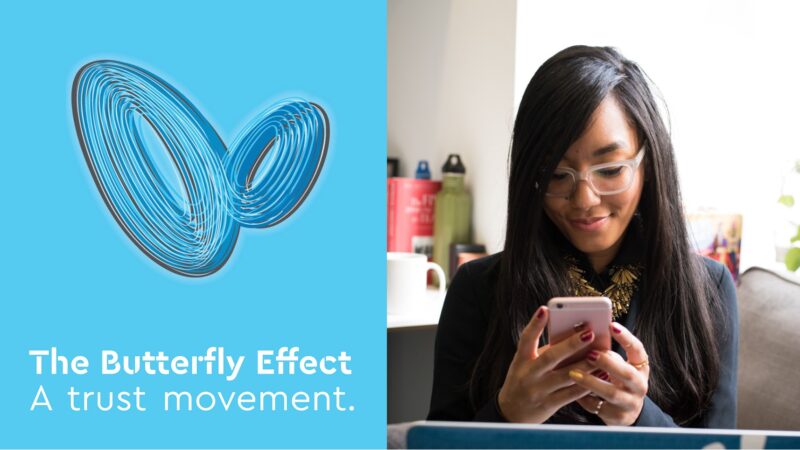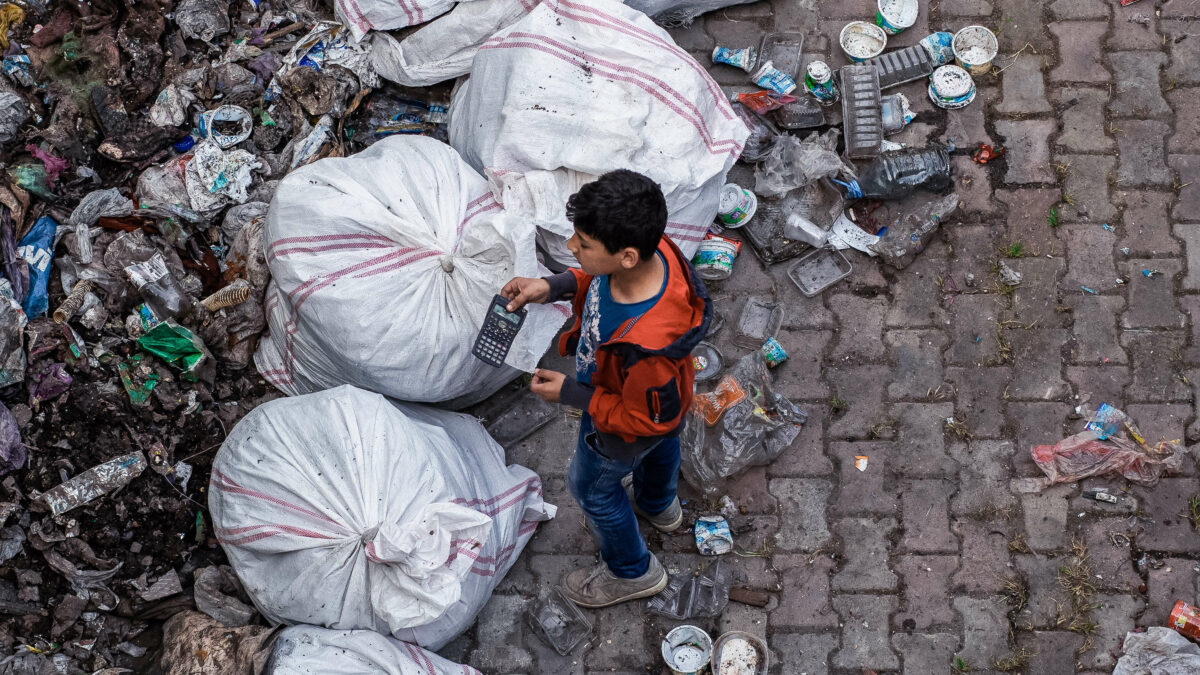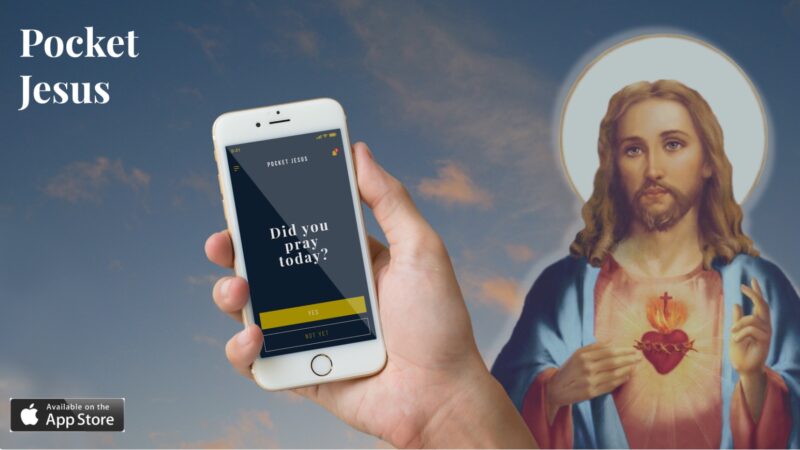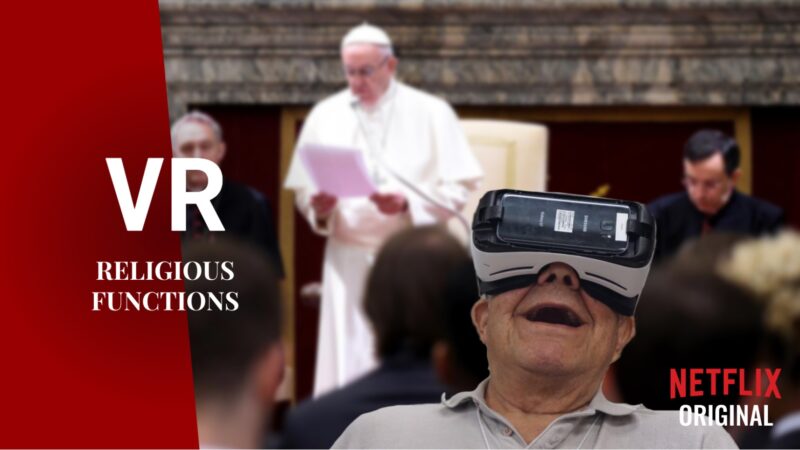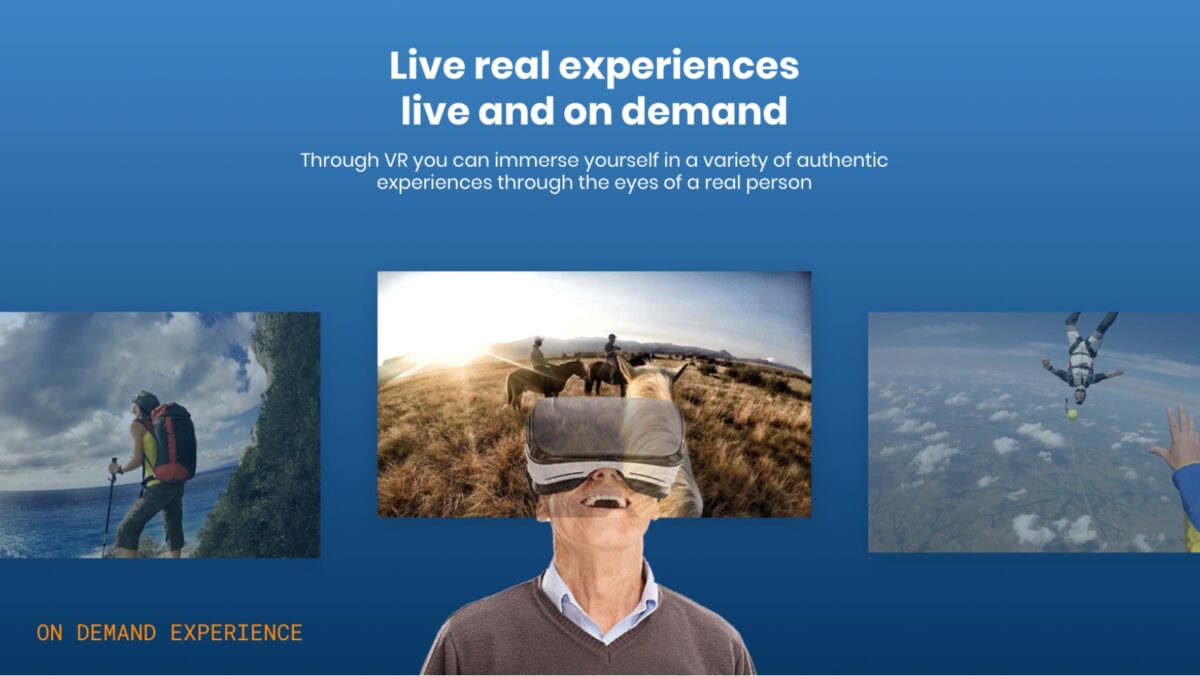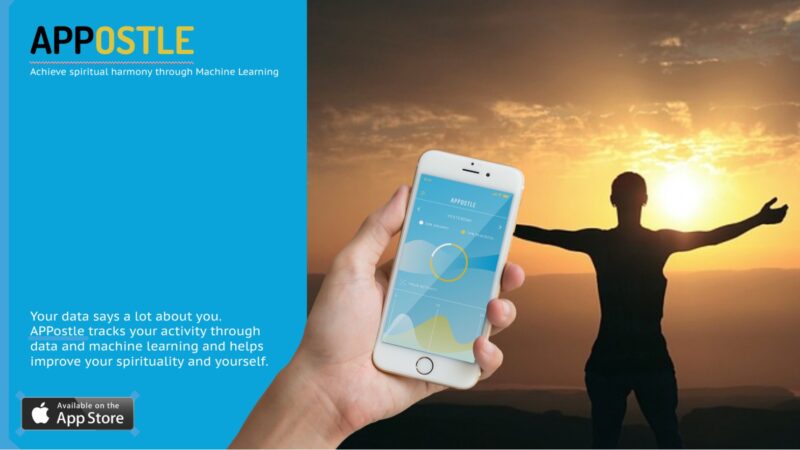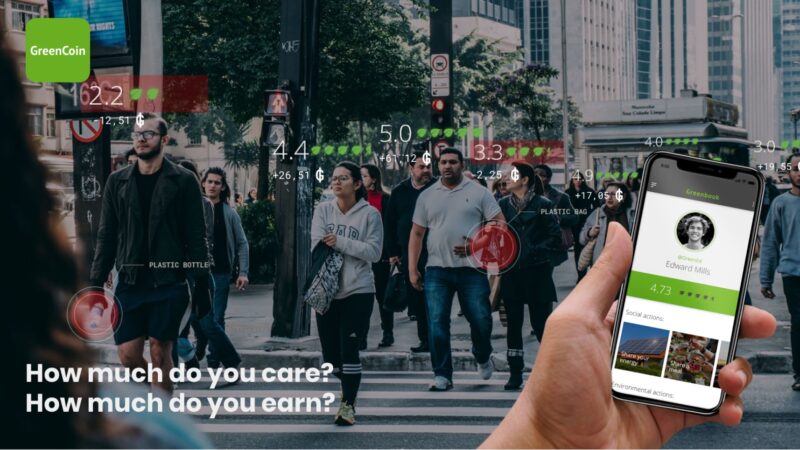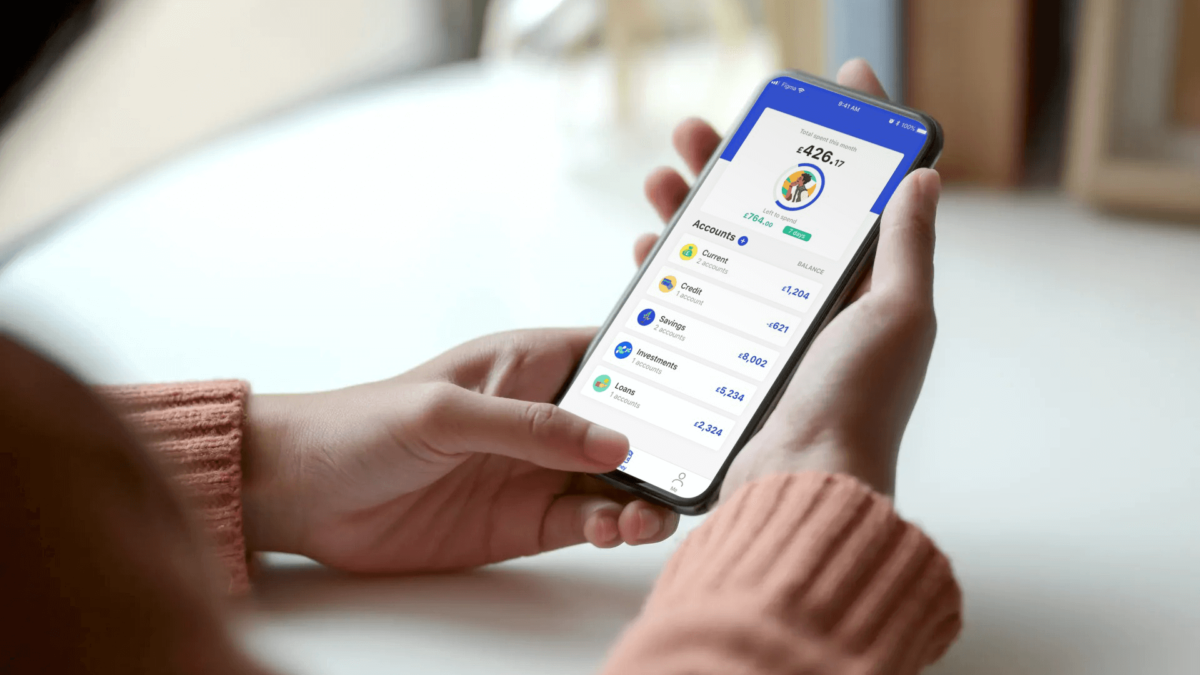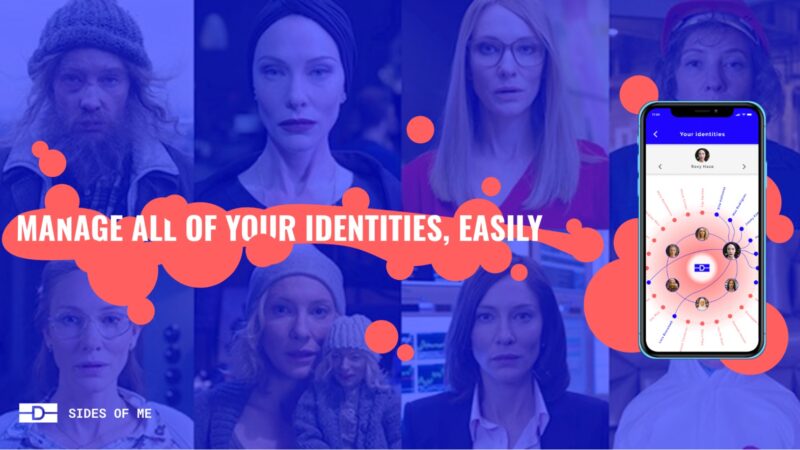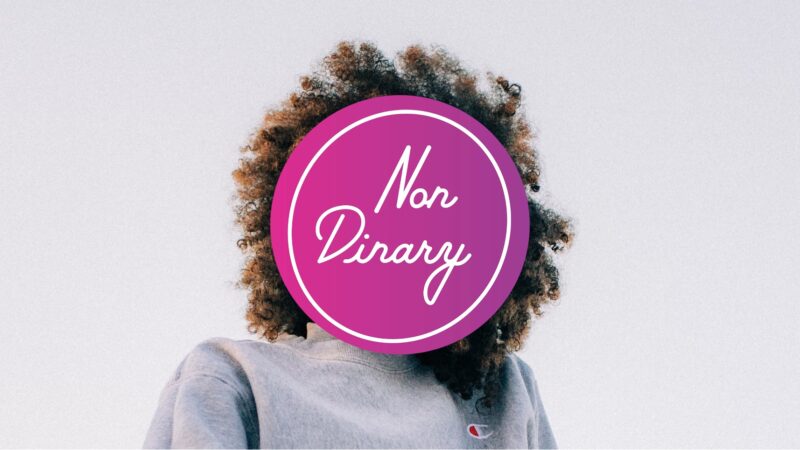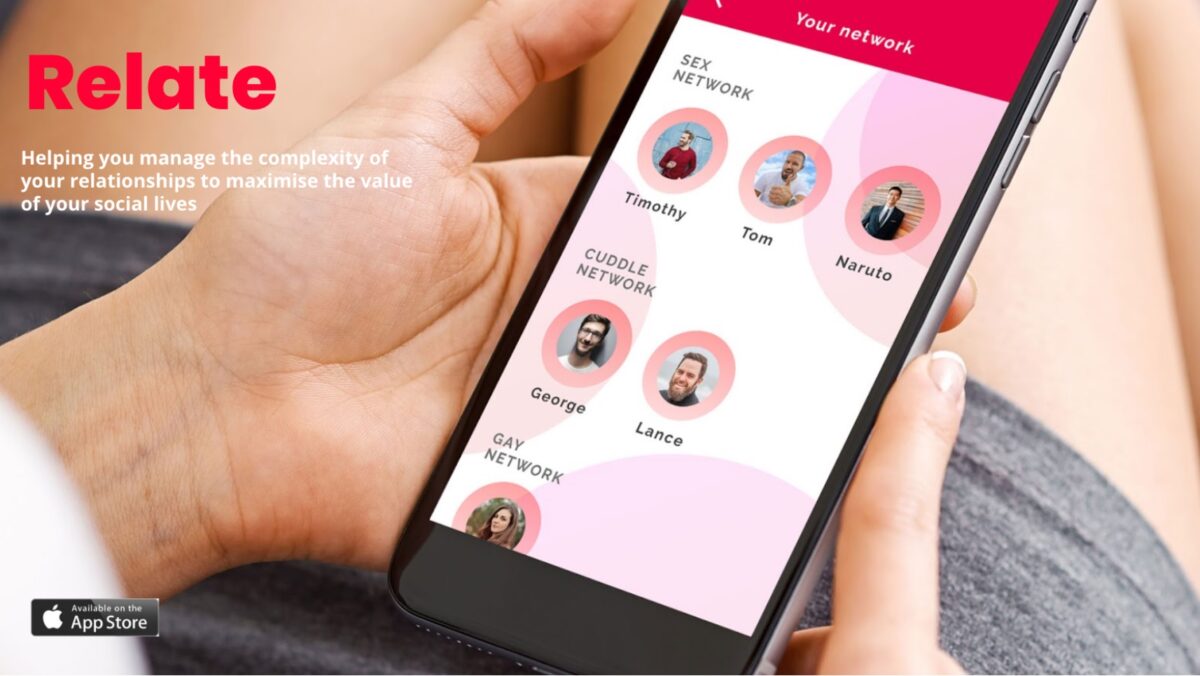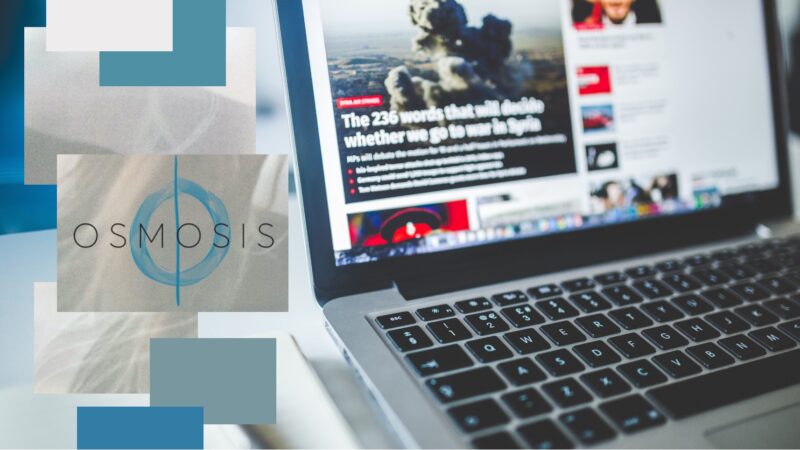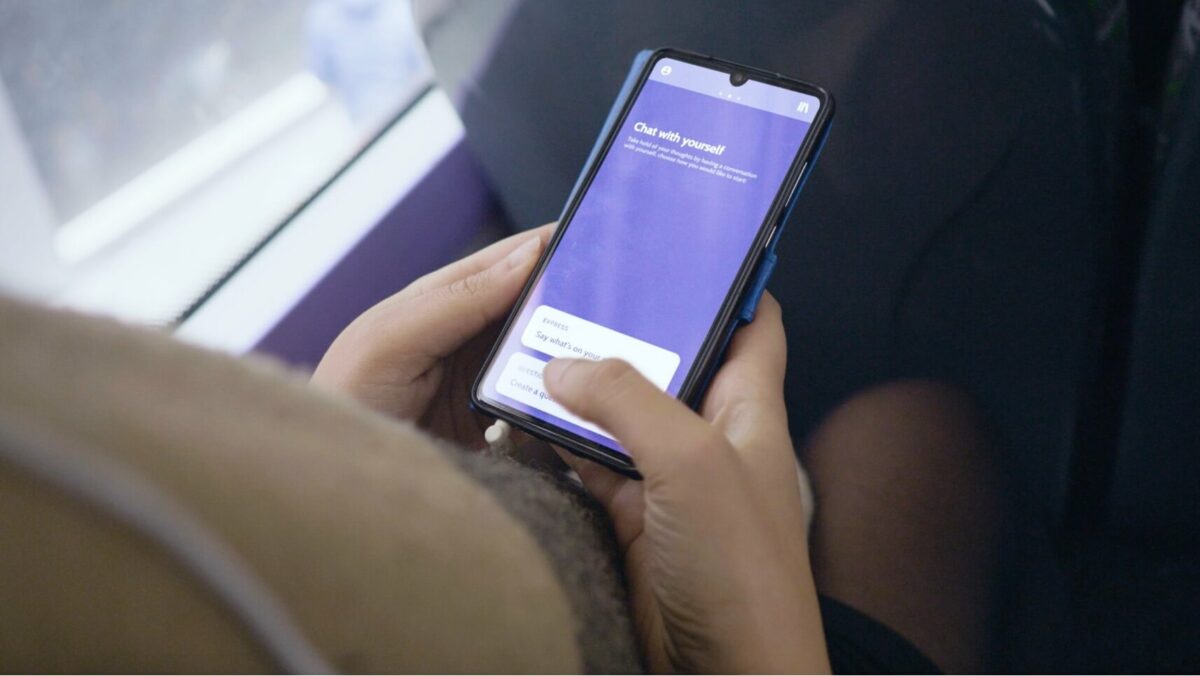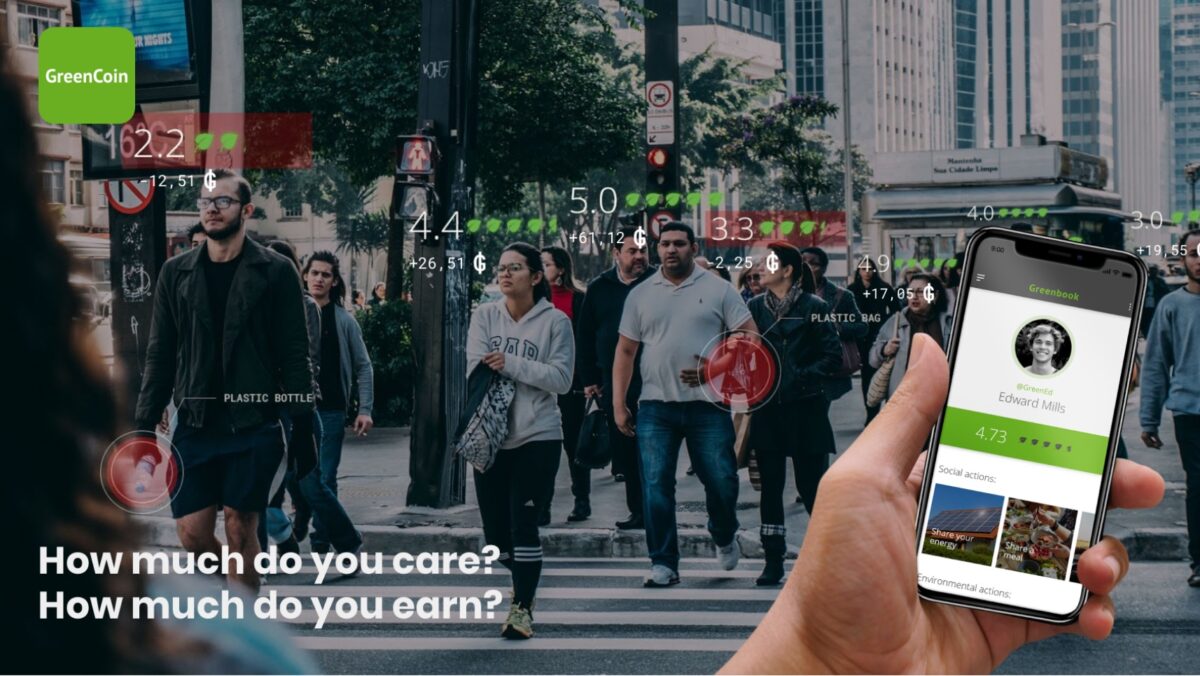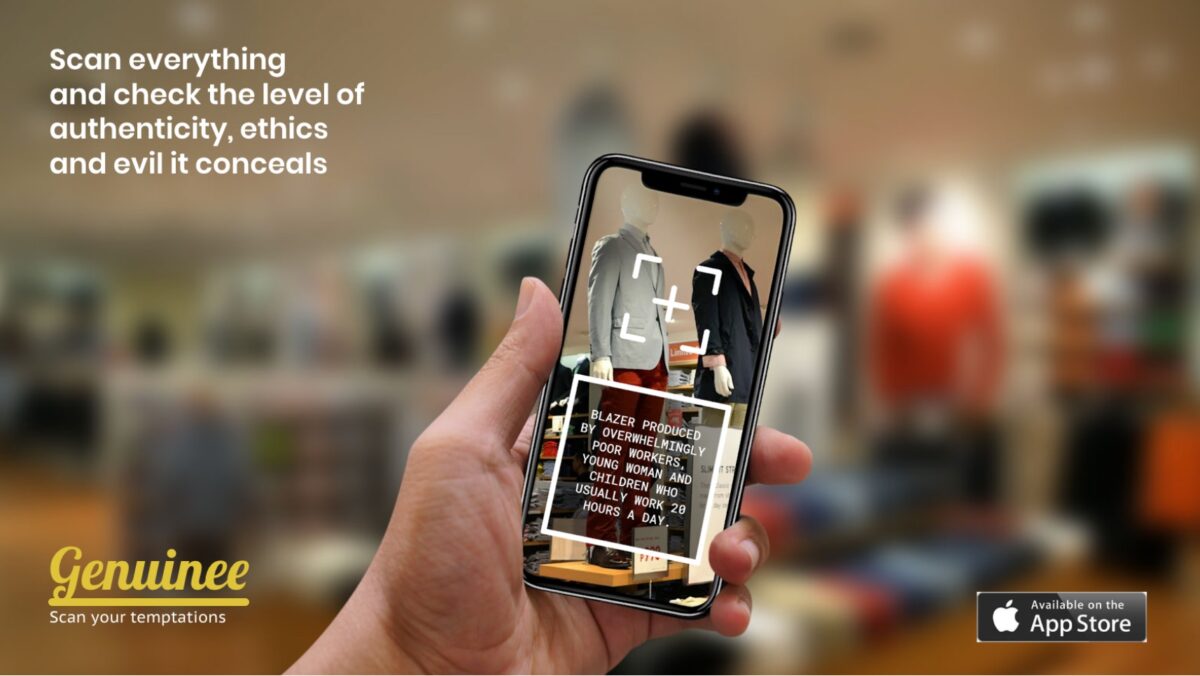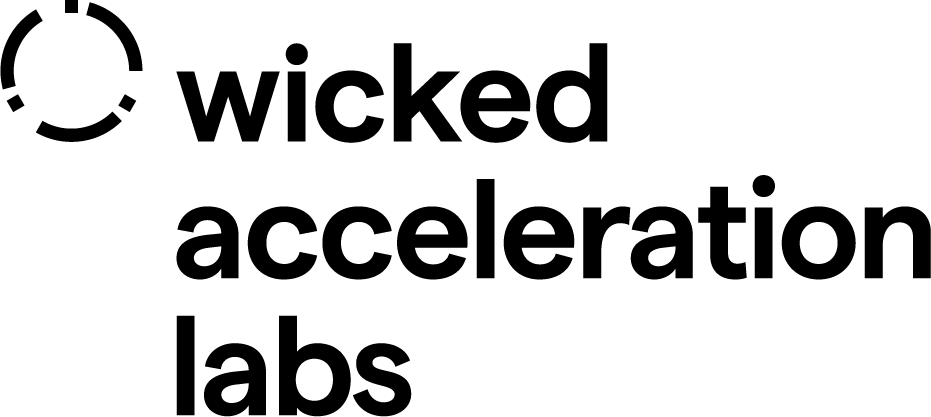The forces acting on ‘Spirituality’ in the future
Among the many forces influencing spirituality in the future we explore three areas.
There is the possibility that society and religious institutions could struggle to provide for people’s spiritual needs and in turn they may adopt new techniques to remain relevant or there may be a growth of new models of belief structures that fill their void. People may look to different contexts for tribes or value structures and their need for social belonging could influence belief structures.
Already emerging ‘bubbles’ of insulated and introspective belief systems could become more extreme, powerful and easy to control due to the technological and psychological power of the actors in these physical and increasingly digital spaces. As technology infiltrates more of people’s lives and the arsenal of tools that can be used to influence people becomes more and more sophisticated it could sway people’s perspective of right and wrong more and more and ultimately challenge people’s agency over their own beliefs.
Finally, people may fundamentally question what is worthy of their trust. Some may be increasingly aware of the potential for coercion, creating an increasingly impossible climate for trust that triggers disillusionment, the rejection of institutions, attempts of citizens to take back control, and potential cycles of populism.
With these potential forces acting on people’s spirituality, we explore three hypothetical scenarios: Pragmatic Collectives, Religious malleability and Scarce Authenticity.

Pragmatic collectives
Outright distrust in the ability of governments and large organisations to offer genuine solutions to pressing issues such as climate change, could cause a rejection of previous models of value and the adoption of mass individual action organised around new models of ethical priorities and infrastructures.

Religious malleability
Religious structures could feel unstable in their ethical foundations as they shift in reaction to threats from the world. It may be difficult to find a community to put your faith into; for instance, because it may become difficult to distinguish between religious practice and an organisational/commercial service.

Scarce authenticity
Technologies that can alter core beliefs could be used to design lifestyles and characteristics to optimise wellbeing. Wellbeing could be co-opted to suit a corrupt agenda.



